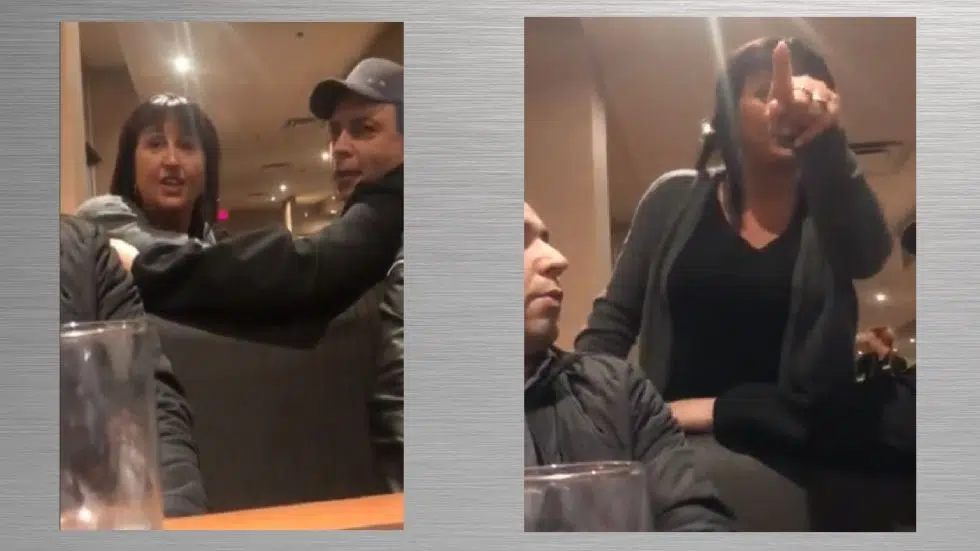
The ‘It’s not who I am’ excuse doesn’t work anymore
There’s an old saying in business, “It’s better to ask forgiveness than permission.”
Sometimes it works, sometimes it doesn’t.
There’s a new saying when somebody gets caught on camera doing something they shouldn’t: “It’s not who I am.” Its companion go-to excuse is, “It was out of character” or other versions of it.
We all use excuses when we screw up. Better that than to fess up and own what we’ve done or said. It’s human nature.


